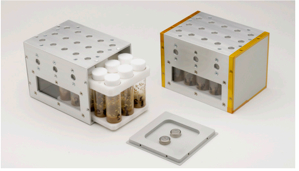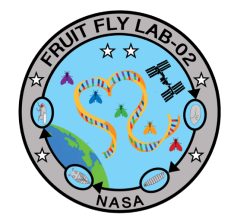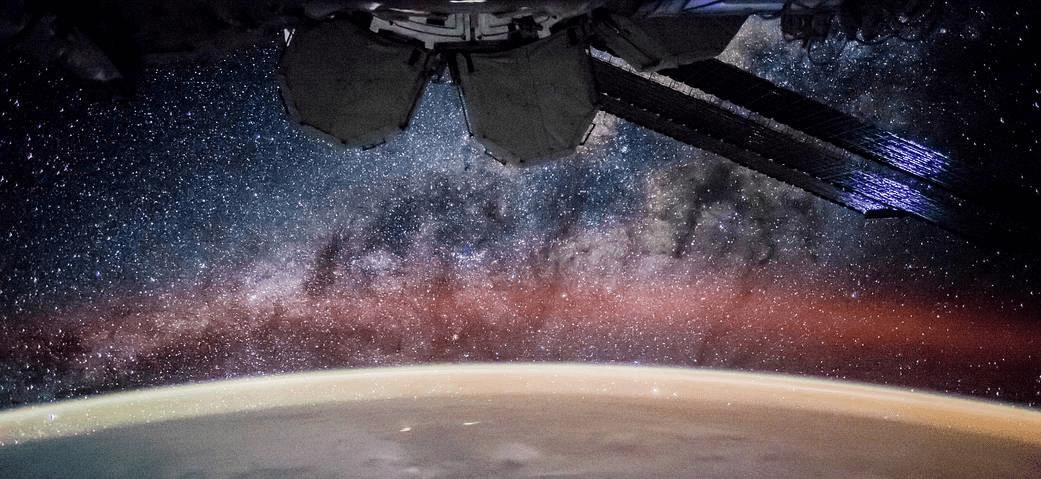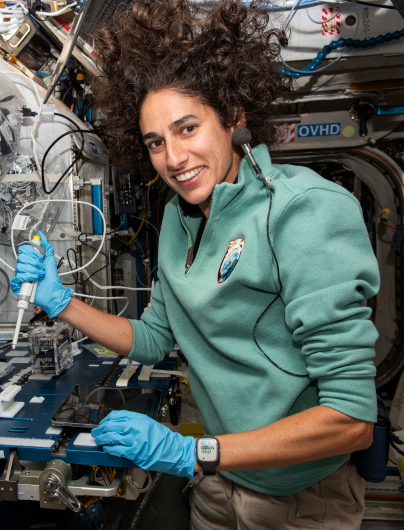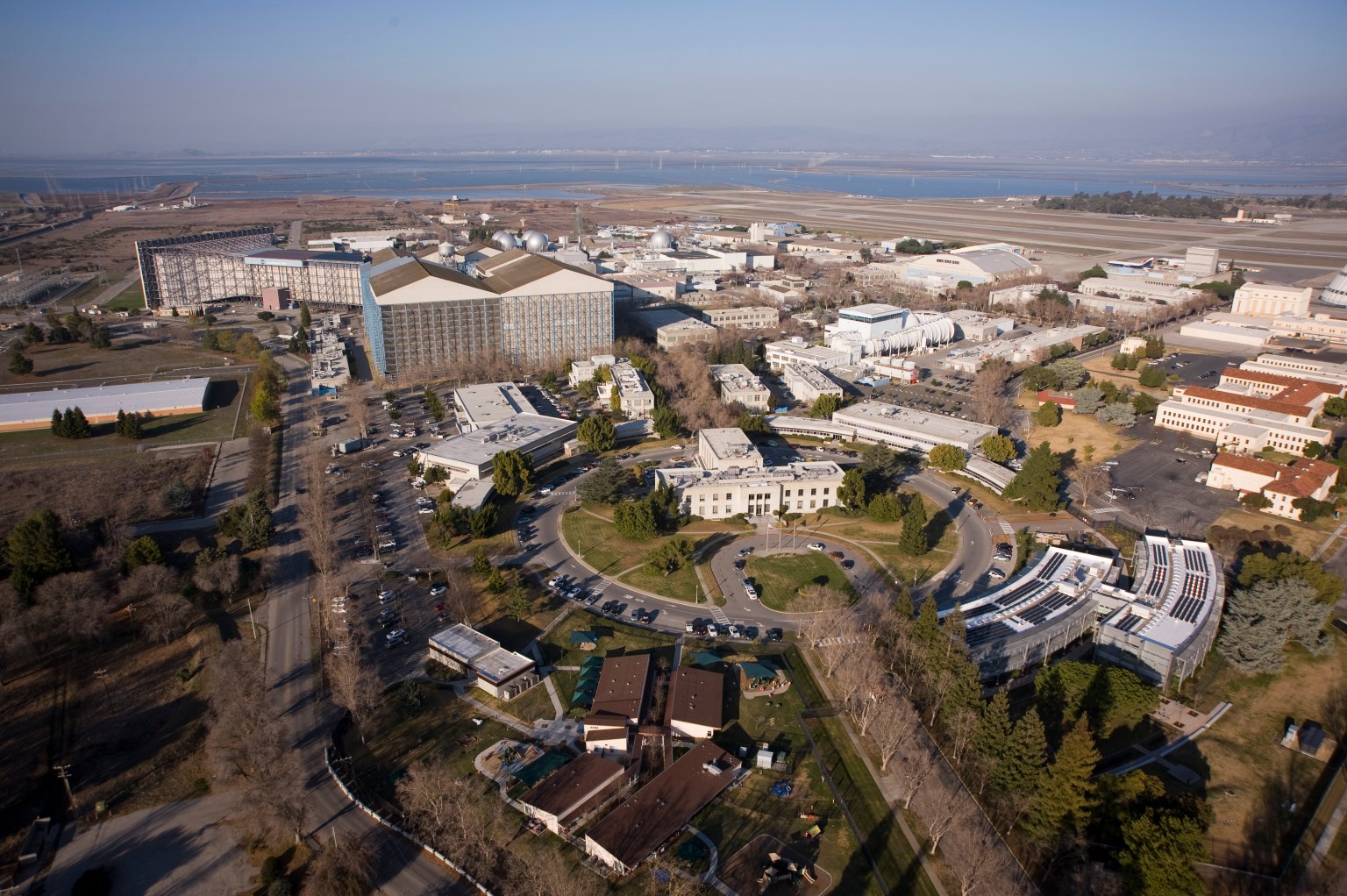Fruit Fly Lab-02 (SpaceX-11)
The Effects of Microgravity on Cardiac Function, Structure and Gene Expression using the Drosophila Model
The Fruit Fly Lab-02 mission, FFL-02, is the second mission of the Fruit Fly Lab aboard the International Space Station using the model organism Drosophila melanogaster. Approximately 77% of human disease genes have analogs in the fruit fly genome; therefore, studies of fruit flies help us understand the underlying mechanisms of different human processes. Experiments aboard the space station will examine how the lack of gravity and other aspects of the space environment affect these insects, providing information that is relevant to human health. The Fruit Fly Lab-02 mission studies the effects of spaceflight on cardiac disease and function.
FFL-02 mission will be using the Vented Fly Box (VFB) platform (pictured above). Each VFB will house 15 standard fly vials that contain flies and fly food. The VFB have mesh-covered vent holes that allow airflow to the samples and have clear windows on the sides to allow for evaluation. In addition, the VFB will also contain temperature/humidity data loggers inside the unit. For the FFL-02 experiment, either fruit fly adults or fruit fly embryos and larvae will be launched in the vials. The flies that will be used for this experiment include healthy flies and flies that are genetically predisposed to heart dysfunctions. The flies will grow and develop in a microgravity environment for the duration of the mission and will then be sent back to Earth for further studies.
Findings from the FFL-02 mission will provide insight into the effects of spaceflight on the cardiovascular system. While the fruit fly cardiovascular system is much simpler than the comparable mammalian system, there are important structural, functional, and genetic components that are similar between flies and mammals. Therefore, this study is important in addressing the risks of long duration space missions on the astronaut’s cardiovascular system, and also in understanding the effects and physiological responses of novel and stressful environments on the human body.
For more information, see the Space Station Research Explorer for the Fruit Fly Lab-02 (FFL-02) mission.
Project Manager: Kevin Martin, NASA Ames Research Center
Mission Scientist: Amy Gresser, Ph.D., FILMSS, NASA Ames Research Center
Deputy Project Manager: Matthew Lera, FILMSS, NASA Ames Research Center
Principal Investigator: Rolf Bodmer, Ph.D., Sanford Burnham Prebys Medical Discovery Institute
Co-investigator: Karen Ocorr, Ph.D., Sanford Burnham Prebys Medical Discovery Institute
Co-investigator: Sharmila Bhattacharya, Ph.D., NASA Ames Research Center






























